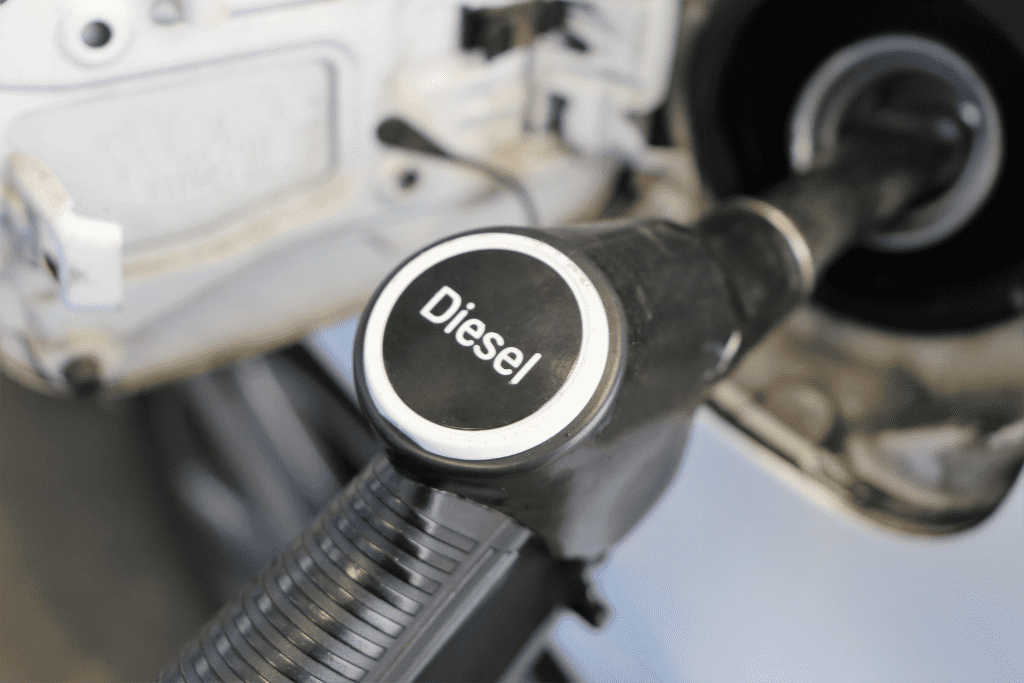There are so many decisions to make when purchasing a car. But beyond the superficial of brands and colour, you need to look at things like affordability and running costs. What will be the most efficient and economic for you.
One of the things that can be a factor is the fuel type of the car. For decades it was petrol vs diesel, but now there are hybrid and electrical vehicles to consider as well. So when you’re asking yourself ‘should I buy a diesel car? It’s not quite that simple. Here are the pros and cons of each fuel type and from that, you should be able to make an informed decision.
The pros and cons of buying a petrol car
Possibly the most common fuel type in the world is petrol. This is certainly one of the largest pros of having a petrol car. They’re easily accessible. You can find the cheapest cars, and at the other end of the spectrum, the most luxurious as petrol fuel types. You get a wide choice as to what vehicle you end up with, meaning you can meet all your superficial wants and requirements should your budget allow.
In the same way that pretty much any car is available as a petrol fuel type you also never need to worry about fuel accessibility. Every service station in the country is designed to have petrol available. Of course, there may be some incidents when the individual stations run out such as when there is a national supply shortage. But the norm is that you’ll never need to worry about supply.
So what are the cons for a petrol car? Well, it used to be that over long distances their MPG was lower than that of a diesel car. This meant that the £50 you put in your tank to fill up didn’t last as many miles and you ended up paying more for fuel. But that’s not the case anymore. Really – there aren’t many cons for a petrol fuel type car, none that are exclusive to petrol cars.
The pros and cons of buying a diesel car
Of course, as cars have developed over time, they have come to have the same privileges as petrol cars. They’re incredibly accessible, most car manufacturers will sell diesel cars however they tend to be a little bit more expensive. Take a look at Volkswagen cars.
The Polo model is considered a cheaper version of the Golf, the Polo typically comes with a petrol fuel type whereas the Golf standard is typically diesel. Yes, it is possible to have a diesel Polo and a petrol Golf, but you’ll find that the more expensive car tends to be diesel. The same can be said for more car manufacturers and their models.
While diesel cars are known for giving you more miles to the gallon you have to acknowledge the need for Ad Blue. Yes, you pay more at the service station for each litre of fuel in comparison to petrol, but that isn’t the only addition you need to consider.
Ad Blue is a liquid that you add to your car to help restrict the harmful level of emissions released by diesel but also, a diesel engine can’t run without it. It’s not exactly an eco-friendly fuel type and recent legislation now requires Ad Blue for a lot of diesel cars to lessen its impact. While a bottle of Ad Blue can set you back £10, it does last a long time, and depending on the size of the bottle and how often you drive, will last a few months.
Should you buy a diesel car? Well, you’ll probably end up with a higher quality vehicle and be able to drive more miles on a tank of fuel, but you will have higher fuel prices, the additional cost of Ad Blue and your car will be more harmful on the planet – not to mention it might cost more to begin with. It’s a case of weighing up the options and seeing whether having a car is more of a comfort purchase or a financial one.
The pros and cons of having a hybrid or electrical vehicle
Now that technology has advanced far enough it’s time to tackle the biggest issues we have with our cars – their impact on the planet. Hybrids were the first step and now we have fully functioning electrical vehicles. But which one is better?
For a hybrid vehicle, having multiple fuel types means you get the accessibility of having fuel well placed throughout the country but because you’re not using as much of it, it brings the rate at which you fill up down dramatically. Saving you a lot of money. But the difficulty with that is that you need to have regular access to a charging point in order to keep this cost low – otherwise you may as well just have a petrol car. If you have a charging point at home then you’ll be in luck but relying on public charging points can be frustrating as not every service station has them yet although these plans are in place within the UK Government.
When it comes to electric cars you can imagine that this issue only gets worse. Fortunately, most electric cars come with installation options. As electric cars tend to be purchased brand new as they are not yet on the second-hand market. This means that charging them is easier than ever however the cost to put a charger in your home can be hefty, alongside buying a brand new car. It is certainly not cheap to go electric.
There are many environmental benefits to owning a hybrid or electric vehicle. However, with the cost of living crisis sending energy prices soaring – it isn’t as cheap to charge these cars as it used to be. That, alongside the accessibility of fuel on the road and the fact that the prices of the cars themselves are very high with few options. You can see why the appeal of these cars isn’t as high as petrol or diesel.
So, should you buy a diesel car? It all depends on what you deem important in your purchase.






